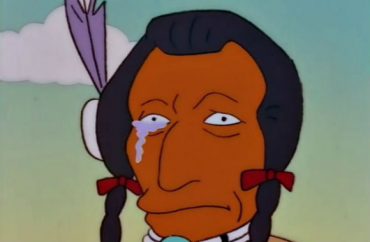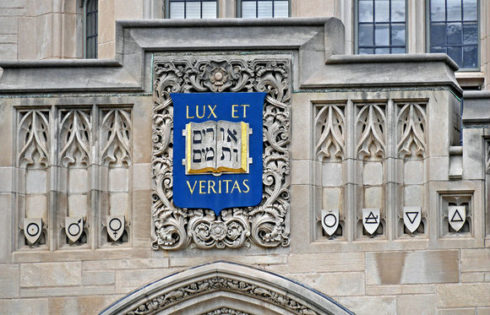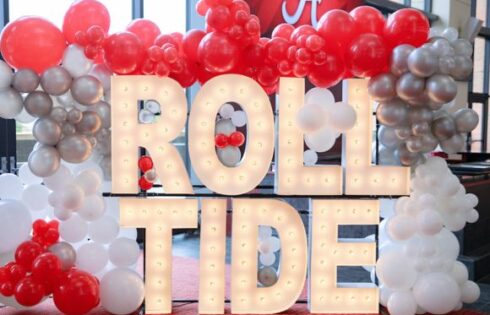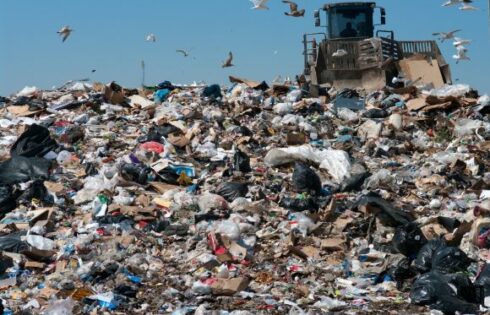
I’ll forgive children for not being able to tell the difference between reality and fantasy, but I have a harder time giving a pass to college students and professors.
Harry Potter author J.K. Rowling created a four-part history of a fictional and magical “Wizarding America” for her Pottermore website – it’s background for the new Fantastic Beasts film – and one of those parts concerns “The Native American magical community.”
You know what happened next: Some American Indian folks complained they weren’t portrayed accurately. In a magical fantasy land.
The Oklahoma Daily reports that this sentiment applies among University of Oklahoma students and faculty:
Brittany McKane, member of the OU American Indian Student Association and a citizen of the Muscogee Creek and Seminole tribes, believes Rowling’s new series falsely portrays Native Americans as both mythical and magical.
“When you put it in a science fiction context, it does reinforce those stereotypes that we’re mythical, that we don’t even exist really as people. We’re not mythical beings, we’re not witches and wizards. We’re people and our cultures are still alive just like we are,” McKane said.
Here’s how “History of Magic in North America” starts:
Though European explorers called it ‘the New World’ when they first reached the continent, wizards had known about America long before Muggles (Note: while every nationality has its own term for ‘Muggle,’ the American community uses the slang term No-Maj, short for ‘No Magic’). Various modes of magical travel – brooms and Apparition among them – not to mention visions and premonitions, meant that even far-flung wizarding communities were in contact with each other from the Middle Ages onwards.
None of this is historically accurate! Can we report Rowling to a bias response team? I expect a statement from OU President David Boren!
Rather than create a new fictional culture that takes some elements from reality but clearly does not try to recreate it, Rowling should have simply copied what is historically accurate, according to McKane:
“While her intentions weren’t to be harmful or offend anybody, she had the option to reach out to Native communities and to see what was acceptable, but she didn’t.” …
While McKane agrees Rowling didn’t intend to offend anyone, her failure to apologize, rewrite the story or retract the parts about Native Americans showed a definitive decision to disregard Native Americans’ concerns.
“Whether peoples’ intentions are good or not, that doesn’t reverse the harm and the consequences of their actions.”
Native American Studies Prof. Josh Clough is more forgiving of the Brit because “she is probably not exposed to Native culture,” but still faults her for “homogenizing” the hundreds of American Indian groups.
Again, these are complaints about a fictional universe:
“Sounds like she’s borrowing from the older traditions of the frontier writers of America to portray the Indians romantically, mystically. Lumping everyone together doesn’t have a basis in reality,” Clough said.
“Reality”! This is starting to sound like a “Who’s on First?” routine in an alternate reality where “fictional” and “real” are homonyms.
Read the story and Rowling’s’ horribly offensive “History of Magic in North America.”
Like The College Fix on Facebook / Follow us on Twitter
IMAGE: Frinkiac.com
Like The College Fix on Facebook / Follow us on Twitter





Please join the conversation about our stories on Facebook, Twitter, Instagram, Reddit, MeWe, Rumble, Gab, Minds and Gettr.